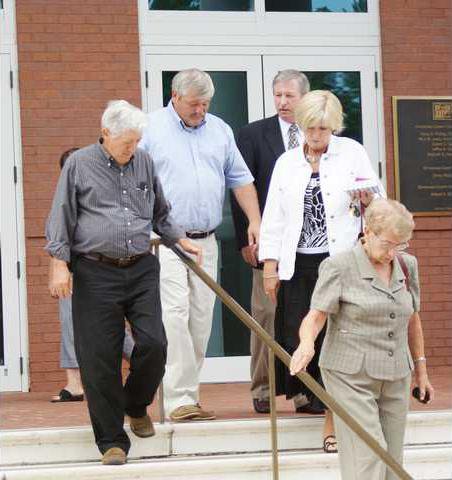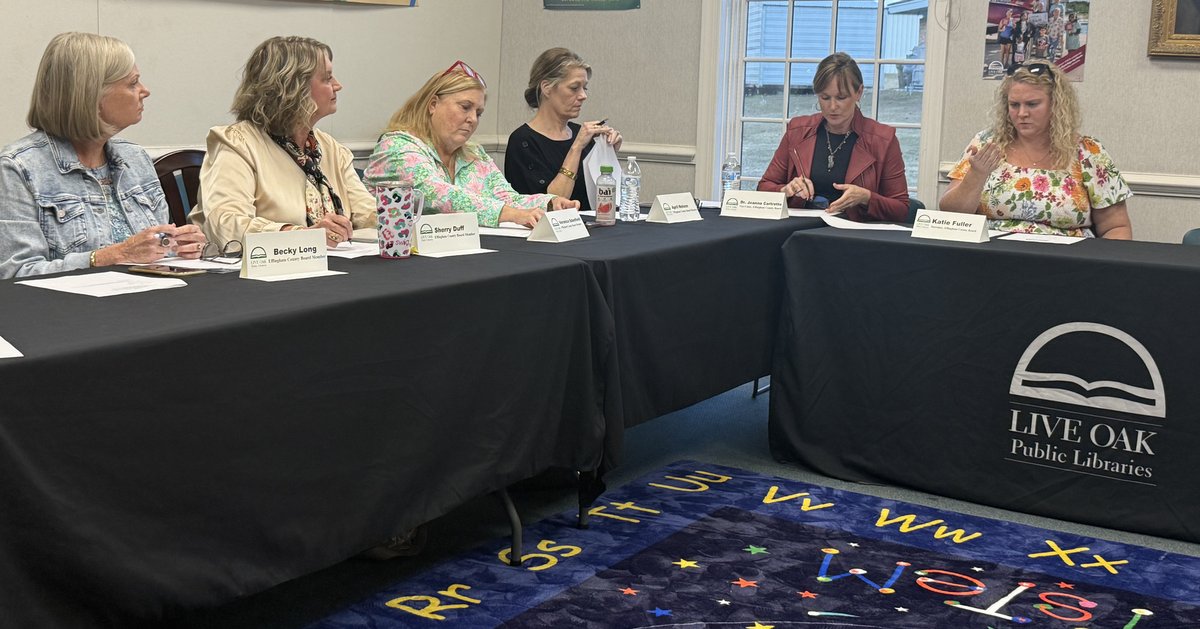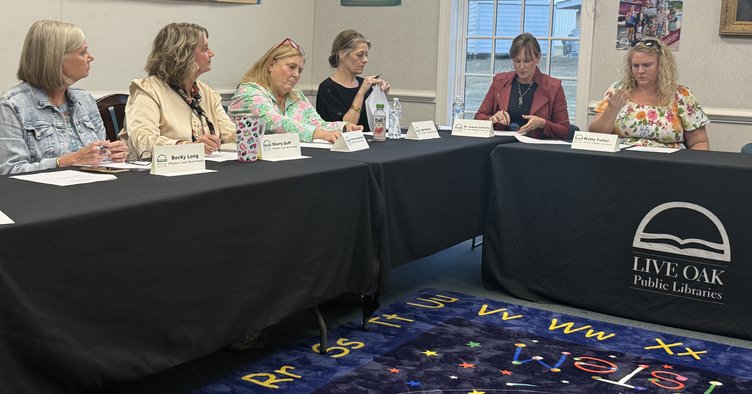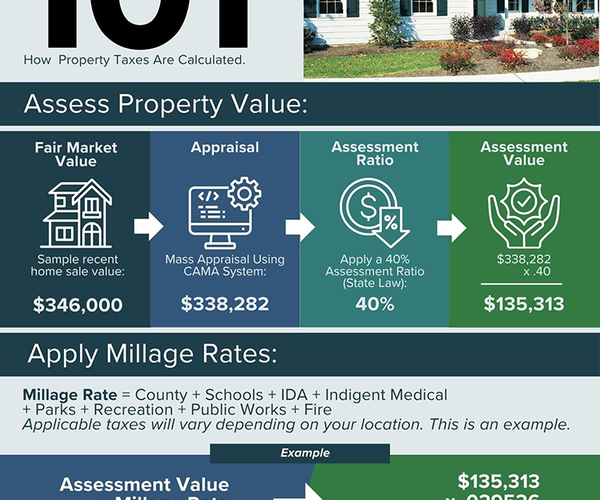The city of Rincon is accusing the owner of a disputed tract of land to have used a bulldozer to knock down a city building.
The dispute between Herman Woods and the city went before Ogeechee Judicial Circuit Judge John R. Turner in the Effingham County Judicial Complex. Somebody is believed to have used a bulldozer to knock down part of a nearly-completed well house on the land under contention. Woods has claimed the city built the structure on his property on West 17th Street without his consent.
“Mr. Woods took the law into his own hands,” said Ben Perkins, an attorney with Oliver and Maner of Savannah who represented the city in Thursday morning’s hearing.
Although the city has said it needed to expand the well house in order to comply with state Environmental Protection Division orders, they appear in court documents to acknowledge that they did not file any condemnation procedures under eminent domain statutes until this morning just prior to the hearing.
They also acknowledged that they did not verify that they owned the property before beginning construction work.
In Thursday’s hearing, the city offered to pay just over $2,000 for the land, while Woods’ attorney Rick Rafter asked for $150,000, claiming the city is in effect taking the entire property.
Judge Turner ordered both sides to produce property appraisals. Woods was held in contempt by the court.
Woods called Rincon’s city government a “rogue municipal government.”
“Some of us feel we have to take measures to bring their activities to the public and hopefully government’s attention,” he said. “We are currently trying to get several legislative and judicial agencies involved and possibly the FBI.”
The dispute begins
Woods said that this small piece of land was deeded to him by International Paper and was intended to be used as a back entrance connecting his Burger King development area on the rear to 17th Street. It also would make it easier for ingress/egress and for a new access to Blue Jay Road or to Guyton. Woods’ concerns — beyond the legal issues and matters of principle — are that use of his property as a point of access to his larger commercial tract has been encroached on to the point that it becomes even more difficult to use the parcel as it was intended.
The dispute began back in March when the city began condemnation proceedings on an adjoining property in order to place a water line through Woods, and others’ properties. In the petition filed on March 27, 2008, the city sought to acquire a 20-foot wide utility easement across Woods’ property in order to install a 16-inch water line. The line would provide water to the city in accordance with the state EPD’s requirements on Rincon’s groundwater withdrawal.
Ultimately, the city paid Woods $6,900 through a special master for that easement, though Woods does not agree the amount is fair.
Woods said that the city should have been aware that the other small parcel of land in question was not city property. A deed from the 1970s for Rincon’s 5 acres includes a plat showing this .66 acre ingress parcel that Union Camp/IP kept for his and for previous owners’ use, he said. He said that the city “not knowing” it wasn’t their property wasn’t the offense as much as their “lying about it in court on August 6.”
He cited an e-mail he sent to the city on May 14, three months before the city made its statements to the judge.
Asked city to cease
Woods said that when a friend notified him in May of some construction going on within his property, he drove over to take a look and then filed a report with an on-duty police officer. He noted that new construction was indeed under way, with footings poured, dirt and asphalt piled, trees cut, and evidence of other activity.
When Woods called the city, he spoke to City Planner LaMeisha Hunter, who told him she could not comment on it due to ongoing litigation between the parties. He replied that he sent the email to verify their conversation.
In his e-mail, he told the city he wanted all activities on his property to cease.
“Be advised that I have twice alerted City officials today of my findings and concerns (You and the Officer) and this is the third notice,” he said in his e-mail.
Woods said he is frustrated that the city undertook the construction and then continued to work on it even after they were notified that they were building on his property without any due process of law. He said the law stipulates that under eminent domain and condemnation proceedings, a property owner is paid a fair market value prior to any activity or use of his property.
According to city staff, it may cost as much as $250,000 to tear down and rebuild the facility. Even though approximately 30 percent of the building was actually on Woods’ property, the damage caused by the bulldozer was more extensive.








